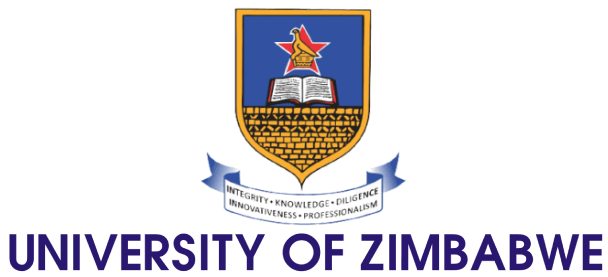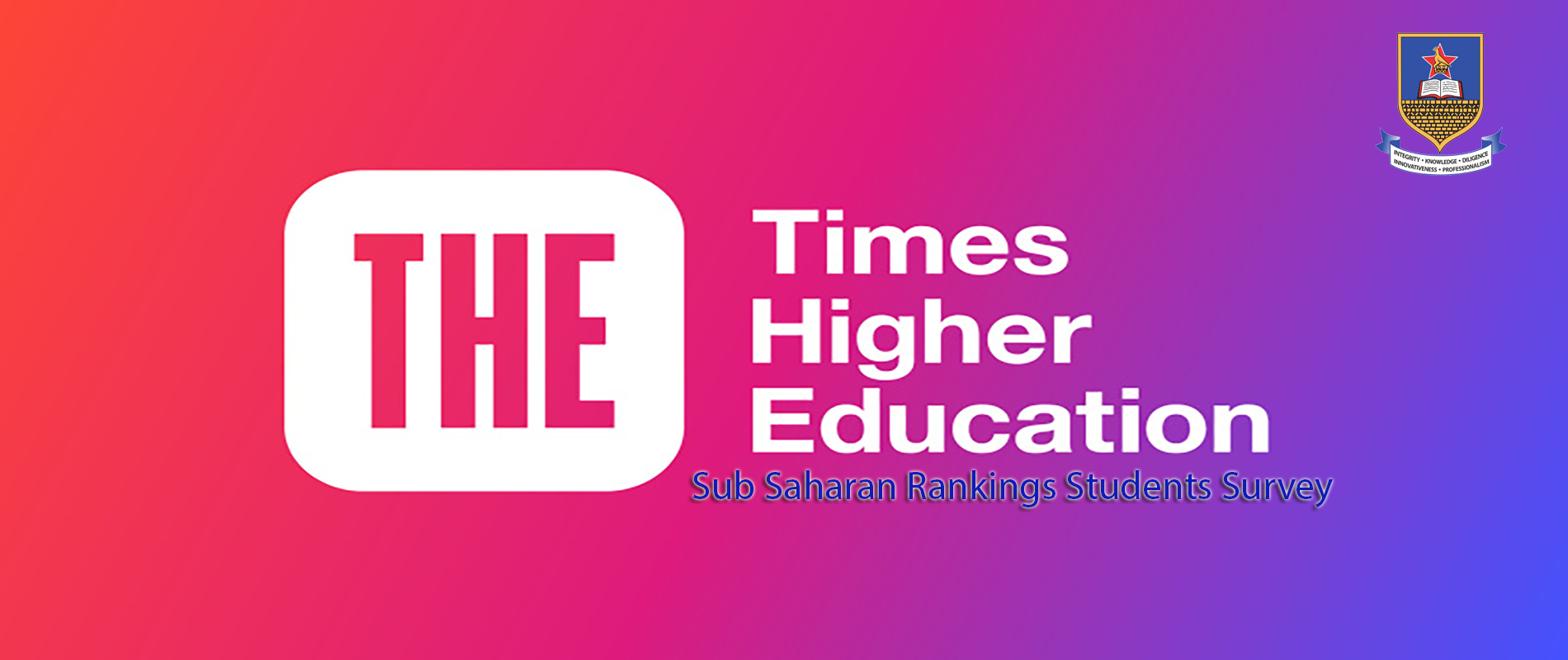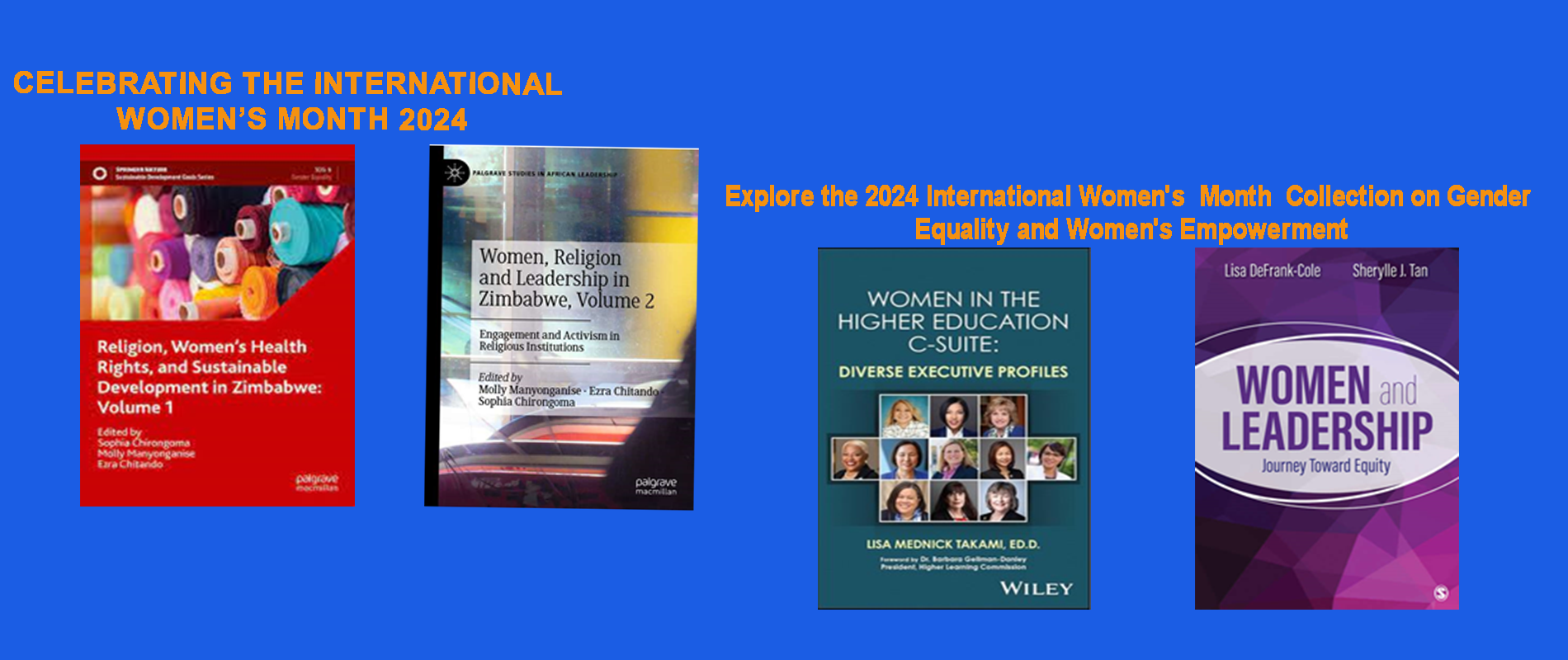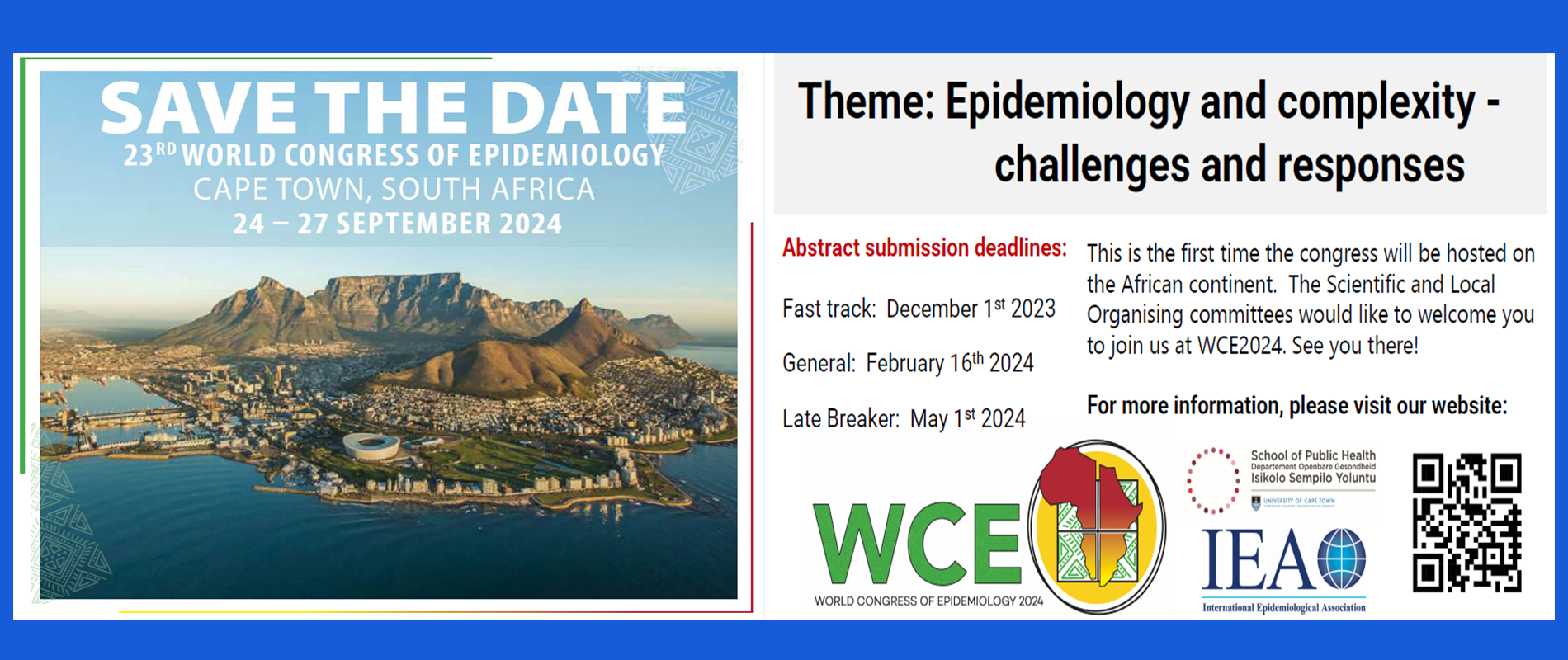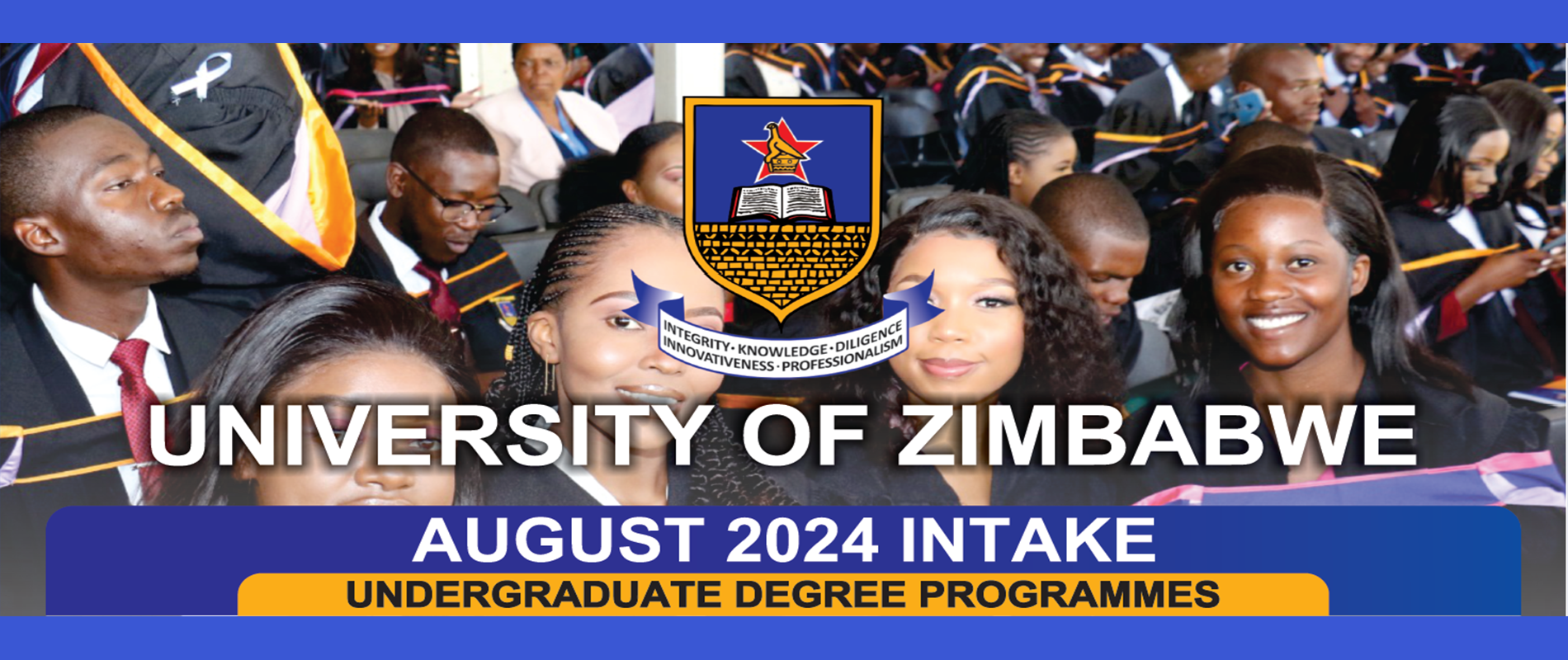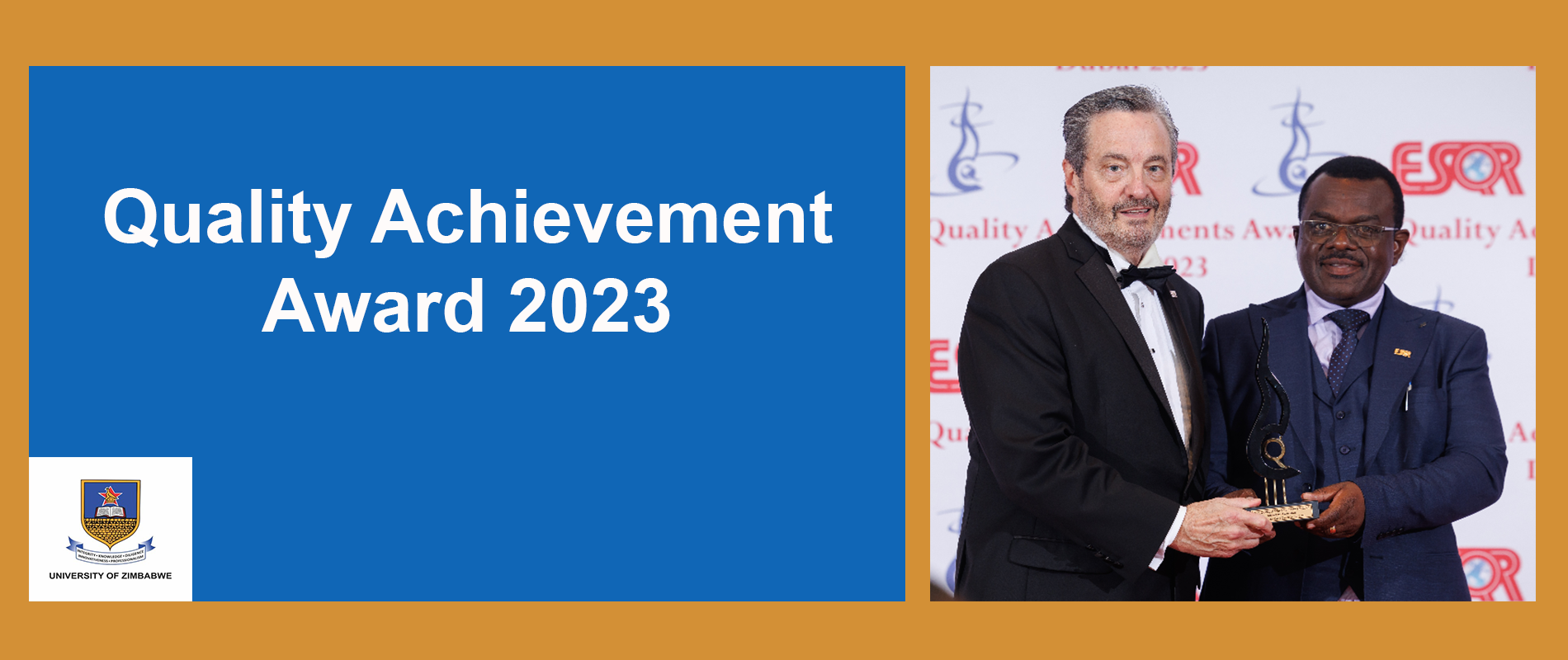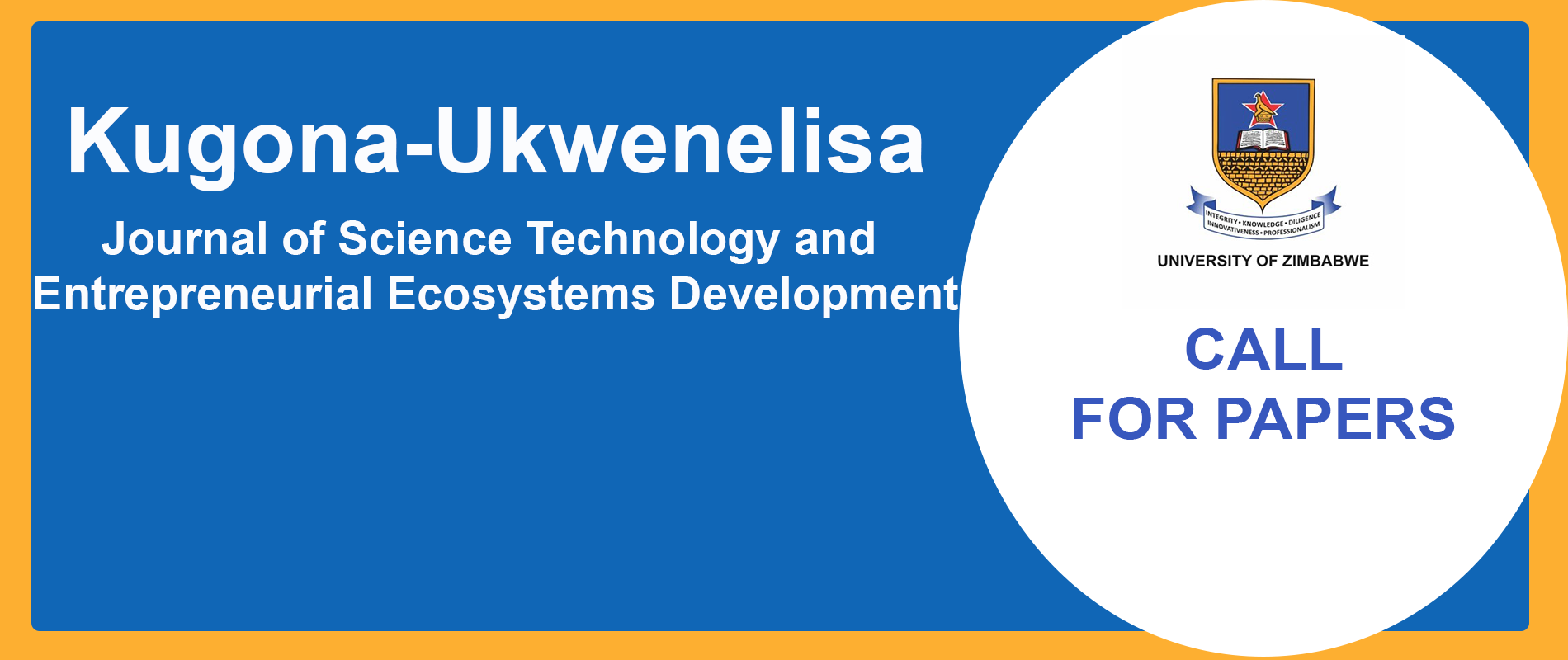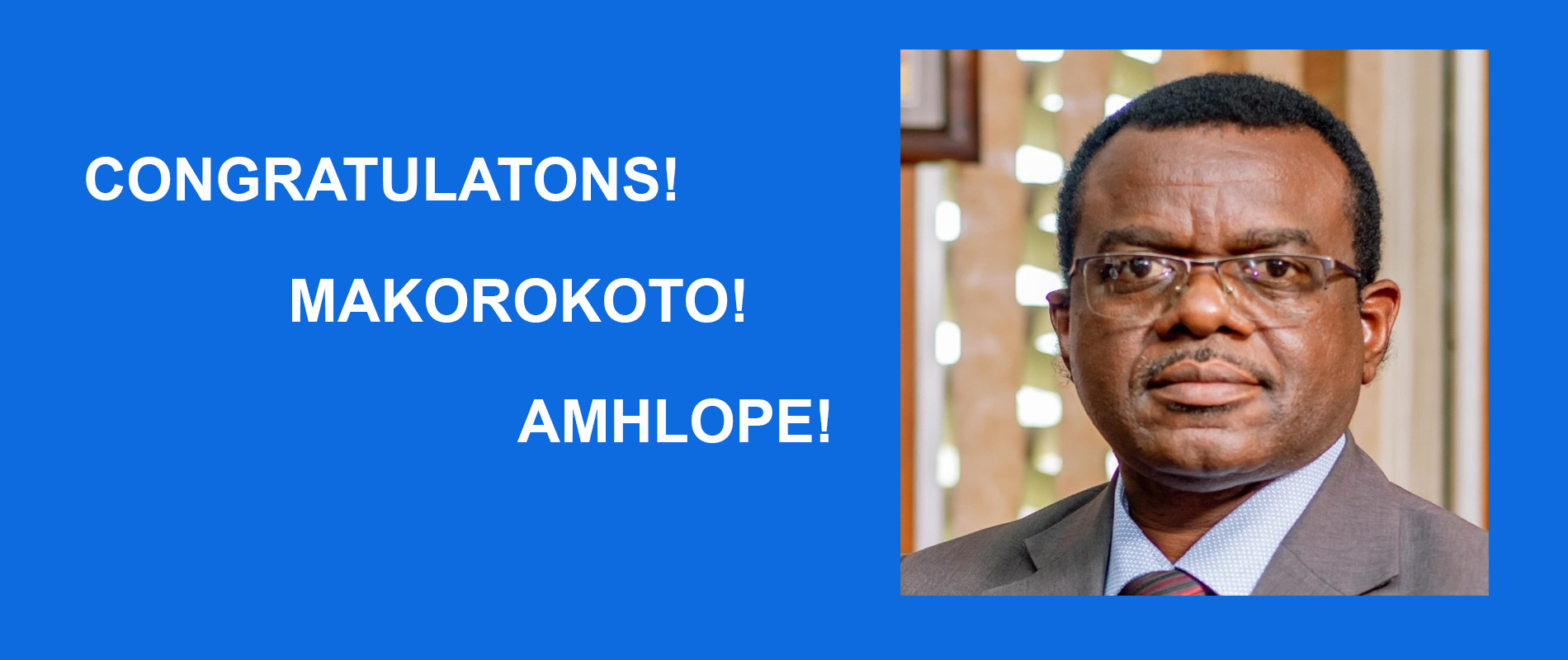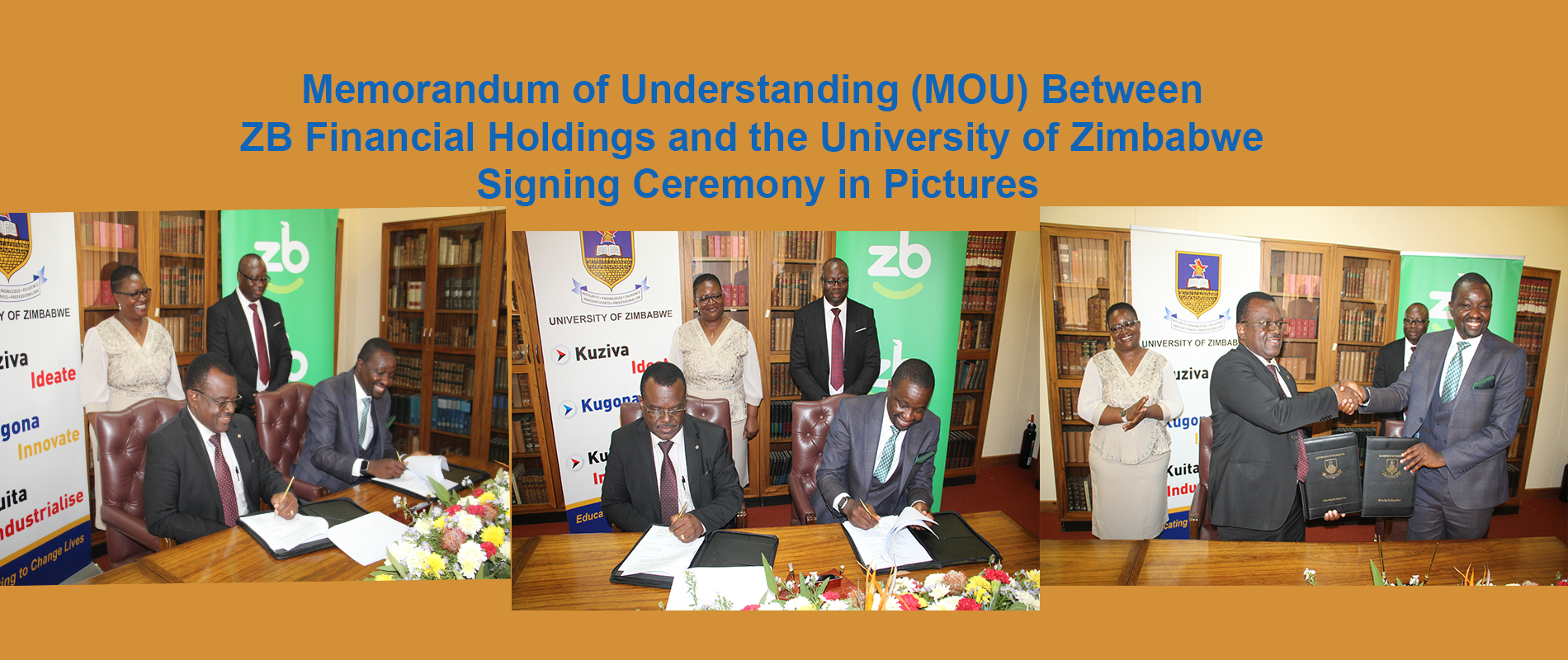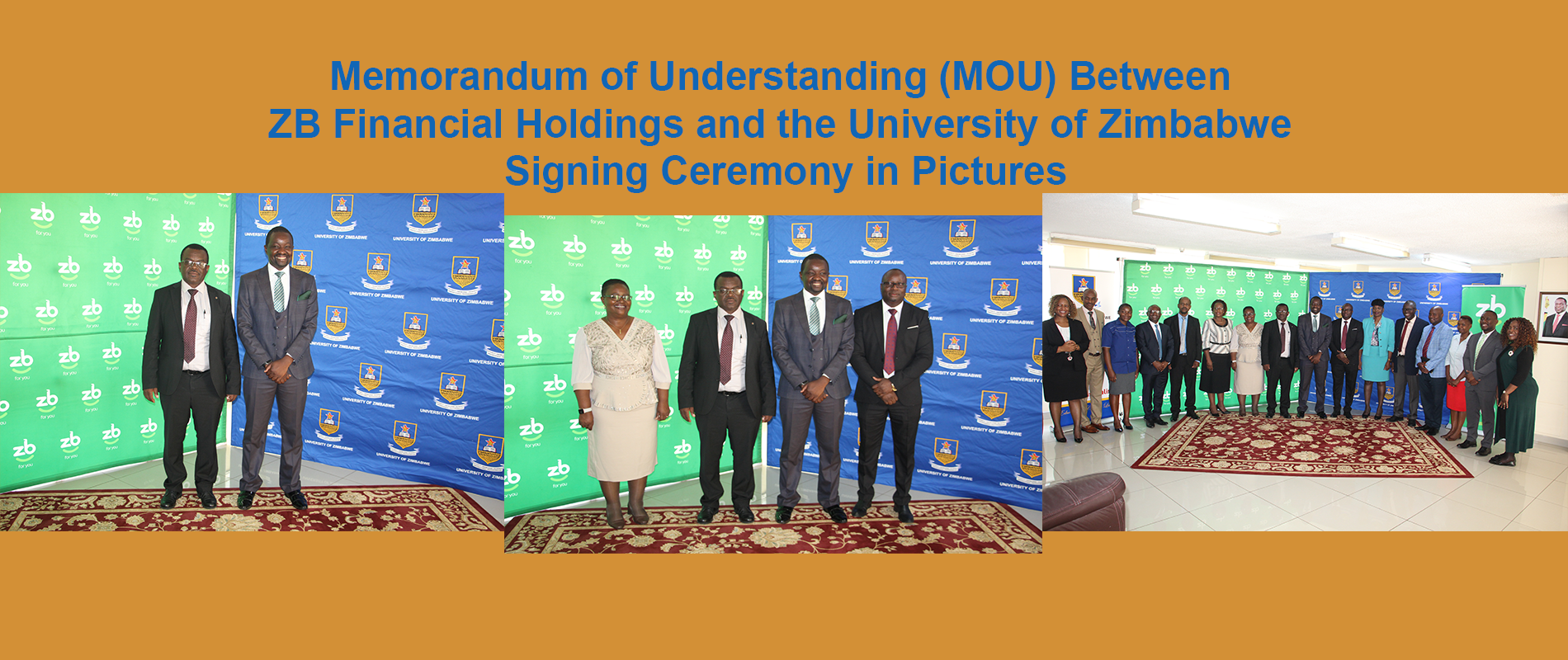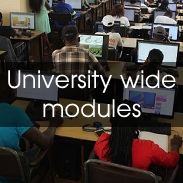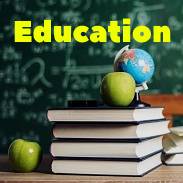|
Dean of Students Dr Munyaradzi Madambi, PhD, MA, BA Hons [UZ], Postgrad Dip. in Tertiary Education [Potchefstroom, SA]. Phone: +263 242 303 211 ext. 21000 Email Address: This email address is being protected from spambots. You need JavaScript enabled to view it. |
The Division of Student Affairs Students Services Building University of Zimbabwe P.O. Box MP167 Mt. Pleasant, Harare, Zimbabwe |
Our Philosophy
The University of Zimbabwe’s Student Affairs is driven by a strong student-centred approach and responsiveness to industry’s demand for 21st Century technical and soft skills. The approach is holistic, in pursuit of the total and integral development of the whole person. The University’s meta-normative framework is premised on the metaphysics that, a student is a social and spiritual being with cognitive, physical, social, spiritual, psychological, creative, entrepreneurial and leadership potentialities that need to be nurtured for the greater good of self and society. The Division is strategically positioned for serious collaboration with academic departments and industry in nurturing students that are poised to produce goods and services and are transformational in approach and attitude. Consistent with the new strategic thinking, the Division’s business is intently oriented towards responding to the needs of the community as well as industry and commerce’s demands.
In our interface with industry and commerce, it has become ostensive that our partners are now looking for something more than hard skills and subject content. This new demand has prompted us to reconfigure our curriculum, teaching methods, teaching outcomes and budgets to focus more on soft and social skills development. Research on student development theory, technological advancement in industry and human resources dynamics have necessitated a paradigm shift of educational goals; i.e., drifting beyond intellectual materialism or what Psychologists term Intelligent Quotient (IQ), to include Emotional Quotient (EQ), Social Quotient (SQ) and Adversity Quotient (AQ). The University holds that a balanced and holistic approach to IQ, EQ, SQ and AQ development actually ‘prepare graduates for the road, instead of creating the road for graduates’. The Division, therefore, continues to reconfigured its programmes to ensure the following attributes among students: personal effectiveness, creativity, innovation, inventiveness, empathy, compassion, community consciousness, multicultural and interpersonal skills, problem-solving skills, communication skills, leadership skills, entrepreneurship skills, integrity, honesty, transparency, attitude of gratitude, culture of service and standards of excellence. Kuziva/ neKugona Ukwazi/ lokwenelisa are our ultimate goals.
Our Vision, Mission, Mandate and Values
Our Vision: To be, and be known as, a referral centre of excellence for student support, development and success.
Our Mission Statement: To create an environment which enables total/complete and balanced development of students into mature, responsible and efficacious global citizens, who are responsive to the developmental needs of Zimbabwe and beyond
Our Values:
- Knowledge
- Diligence
- Integrity
- Innovation
- Community Consciousness
Our Graduate Attributes:
Upon graduation, our graduates are expected to exhibit the following attributes-
- Academic Excellence: A strong sense of intellectual integrity and the ethics of scholarship; An in-depth understanding of one’s area of mastery and specialization; and an understanding of the value of further learning and continued professional development; and diversity of skills in writing generic and cutting-edge research.
- Effective Communication and Team Work: Ability to communicate effectively with others, orally, in writing, using ICTs, multimedia, visual, musical and other forms; Capacity to interact with others effectively, including in teams, in the work place, and in culturally diverse contexts; and Ability to present consistent, coherent, clear and credible arguments both in speech and in writing.
- Innovation, Creativity, Inventiveness and Critical Awareness: Ability to apply knowledge and appropriate skills in devising solutions to unfamiliar problems; Ability to critically analyse situations, evaluate arguments and assumptions; A knack for intellectual speculation and the habit to question contemporary wisdom; and A high propensity for knowledge creation, innovation and invention through research, leading to production of tangible goods and services.
- Social Engagement and Leadership in Communities: Ability to question traditions and customs; and the ability to proffer progressive and stimulating socioeconomic and political thoughts that inspire community and national development; An understanding of Unhu/Ubuntu, critiquing it as a competitive alternative tool in designing and implementing pragmatic leadership and management systems in the global village; In-depth understanding of individual rights, privileges and obligations in the context of other people and groups’ rights; A clear understanding of good governance, democracy and leadership in communities; and An appreciation of enterprise, entrepreneurship and self-reliance.
- Competence in Diverse Multi-Cultural Environments: Awareness of and respect for the values, knowledge, customs, beliefs and practices of diverse communities; Skills of interacting effectively in culturally or linguistically diverse contexts; International competitiveness in disciplines of specialization; and Deep understanding of indigenous knowledge systems and cultural norms and values.
- Interpersonal and Ethical Business Practices: Uphold ethical business principles and practices that put the choices, interests and needs of all stakeholders equal and/or above those of the practitioner; Uphold and promote ethical business principles and practices that respect transnational business, race, gender and environmentalism; Demonstrate deep appreciation of aesthetical values, etiquette, environmental awareness, climate change, etc.
- Professional Accountability and Honesty: Responsible and accountable for professional obligations such as contracts and treaties, United Nations MDGs, maintaining professional relationships with all stakeholders; and Understand and operate on the principle that trust, honesty, fairness, integrity, transparency, reliability, justice and equality form unshakable foundations for sustainable business.
About the Division of Student Affairs:
The Division of Student Affairs is headed by a Dean of Students, a Deputy Dean and two Directors whose roles include facilitation of an ecosystem of student support, development and engagement. Our mandate is to accelerate student and institutional success and contribute to the institutional and national socioeconomic transformation agenda.
In order to execute the above mandate, the Division is divided into two departments. The first Department is the Department of Student Development Services; and the second department is the Department of Student Support Services.
Department of Student Development Services (SDS): This Department is designed to provide an array of integrated professional services that help graduate and undergraduate students achieve their personal, academic and career goals in a confidential and caring environment. In its work, the SDS seeks to:
- Foster self-discovery, self-knowledge, self-esteem, self-confidence, self-efficacy, self-actualisation, self-respect, as well as the dignity and diversity of students,
- Identify and nurture talent and life skills, and
- Prepare students for engagement as global citizens.
The SDS endeavors to broaden students’ growth paths, cultural horizons and provide network opportunities. The Department hosts the following units; Career Development and Advisory Services; Sports, Health and Wellness; Chaplaincy and Spirituality Services and the Disability Support Services. The Department provides opportunities for student development through activities that expose students to different cultures and allow them to communicate and develop friendships, collaborations and solidarity. These activities include new student orientation, field trips, student cultural and academic exchange programmes, seminars on study skills, online advisory services, etc. All these are designed to help new students to adapt to the university environment and to give them exposure to workplace settings and professional landscape. Student spaces and platforms are created to provide an enriching student experience.
The Department of Students Support Services: The primary mandate of the Students Support Services (SSS) is to create an environment that is conducive for students to study, maximize their potentials, grow and succeed in life. The Centre provides conveniences that enable students to improve their academic and social skills, increase retention and progression towards graduation and as appropriate, facilitate entrance into graduate and/or professional schools. The Department hosts the Student Residential and Logistical Services, Student Health Services, Postgraduate Students Support Services, International Students Support Services; etc.
The Division of Student Affairs is committed to evidence based management systems that foster standards of excellence, systemic-holistic support and development. Our student-centred approach is based on trends in student development theory and well-founded research in student management systems as we work in partnership with the academic community.
Our key result areas include:
- Provision of leadership in developing policies, programmes and services which enable students to cope effectively with the factors of personal, social and intellectual development that affect academic performance.
- Effective and efficient utilization of residential facilities as learning, recreational and income generating centres and facilitation of provision of high quality catering services.
- Provision of high quality health care and health education to students and staff.
- Provision of appropriate and user-friendly facilities and equipment for students with disabilities.
- Providing adequate, functional and state-of-the-art sporting and recreational facilities and services.
- To minister effectively to the needs of the University community and the society at large through the provision of spiritual guidance, counselling, moral and material support in an ecumenical spirit.
